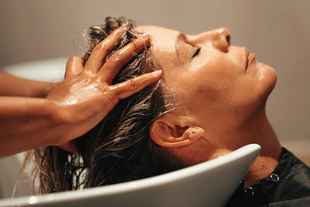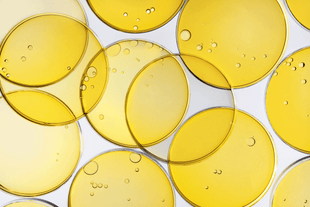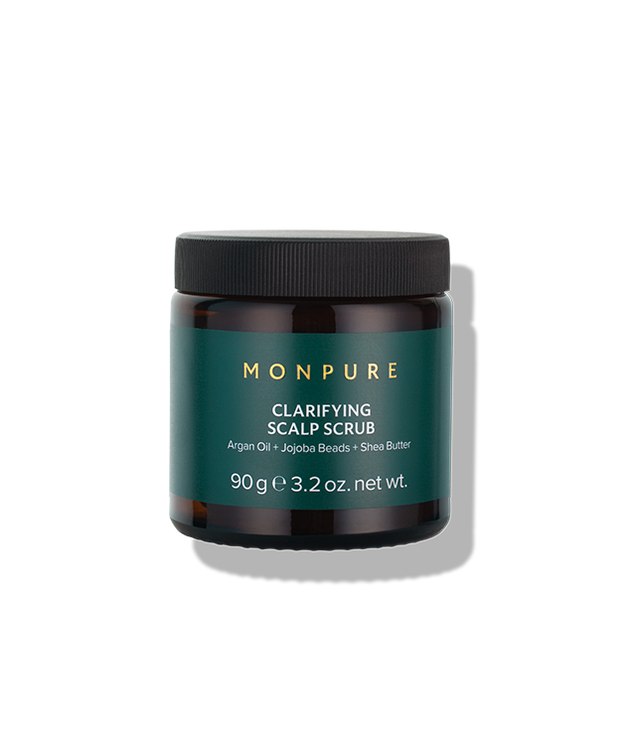
Many women experience menopausal hair loss as they go through the menopause. We spoke to MONPURE Resident GP, Dr Simmy Kaur to understand more about this condition and the options that are available.
Menopause and Hair Loss Explained
As the body goes through the menopause, various hormonal changes occur, to include the reduction in the production of oestrogen.
Hairs on our scalp usually grow in ‘tufts’ of 3 to 4, but menopause can cause these tufts to slowly lose hairs. This process, known as hair miniaturisation, can result in finer, shorter hair and ultimately hair loss.

Female pattern hair loss (FPHL) is considered to be the equivalent of male pattern baldness. FPHL usually peaks during the reproductive years and after the menopause which suggests a strong hormonal link.
Women with FPHL usually notice a very gradual thinning of the hair, mostly at the top of the head but also at the sides. Some women may notice thinning of the ponytail or a change in the texture and length of the hair. Interestingly, about 50% of women with FPHL have a family history of female hair loss, which suggests that there is also a genetic component.
Combating Menopausal Hair Loss
Looking after the hair follicle and shaft from day one is the key to ensuring that we give our hair the best environment to grow and flourish! Hair care practices such as colouring, perming or relaxing and the use of heat can cause damage - this alongside going through the menopause can have significant effects on hair quality. Therefore, avoid chemical treatments wherever possible and keep the use of heat to a minimum!
Use a good quality shampoo and conditioner to keep the hair shaft looking healthy. In addition to this, using a treatment such as MONPURE's Nourish and Stimulate Scalp Mask can help to improve the health of the scalp by 'feeding' the hair follicles with essential vitamins and nutrients. The Follicle Boost Hair Density Serum can also work wonders to help to optimise the environment of the scalp to allow the hair to grow to its optimum, exactly what the scalp-skin and hair needs at this time.
MONPURE's Follicle Boost Hair Density Serum also contains pumpkin seed extract.
Why is pumpkin seed extract good for menopausal hair loss?
In FPHL there is an increase in the transformation of the hormone testosterone to a chemical called DHT. DHT has been shown to contribute to hair loss. This process is helped along by an enzyme called 5-alpha reductase.
Pumpkin seed extract has been scientifically proven to block the action of 5-alpha reductase, therefore helping to prevent hair loss. In addition to this, it contains fatty acids, antioxidants and has anti-inflammatory properties that are essential for good hair growth.
Does HRT work for hair loss?
Many women ask me if the use of hormone replacement therapy (HRT) is beneficial in reducing hair loss after menopause. Unfortunately HRT has not been adequately studied or licensed for the treatment of FPHL in post-menopausal women; therefore it should only be considered if it's indicated for other reasons.
What kinds of medication can GPs prescribe for hair loss in older women? Are there any risks/side-effects?
FPHL tends to be very gradual and follows a very particular pattern, therefore if hair loss is sudden or if the features of hair loss are unusual - other causes should be considered. Thyroid problems, low iron and low vitamin D can contribute to FPHL. All of which are easily treatable by your GP. In some cases, topical treatments like minoxidil can be considered to see if they help, however they can sometimes cause scalp irritation and increased hair growth in unwanted areas. Some women find that hair accessories and camouflage products can be really beneficial in helping boost confidence.
You may have heard about the use of 'blood pressure tablets' (spironolactone) and tablets traditionally used to treat large prostates in men (finasteride) for hair loss - these are usually started after specialist referral to a dermatologist as they too can have some unwanted side effects.
In recent years there has been lots of interest in newer, more innovative treatments for hair loss such as laser, micro-needling, hair transplantation and fat transfer - the results of which are very promising.
Your GP can also talk to you about getting psychological support for the emotional effects of menopausal hair loss, which can sometimes be just as hard to manage as the hair loss itself - don't suffer in silence.
Have a question for our team of experts? Email us at experts@monpure.com

















